Understanding UCC Liens in Merchant Cash Advances

- Credit and Operations: A UCC lien can appear on your business credit report, potentially affecting your ability to secure future financing. It may also signal to other creditors that your assets are already pledged as collateral.
- Vendor and Customer Relationships: In some cases, MCA lenders might directly contact your customers or vendors regarding the lien, which can disrupt business relationships.
- Asset Recovery: If defaults occur, creditors with UCC liens have legal rights to recover the secured assets, affecting your business operations.
- Careful Planning: Before accepting an MCA, understand the terms and implications of potential UCC liens. Be aware of which assets are being used as collateral and the process for lien removal upon repayment.
- Consulting Professionals: Consider consulting with financial experts or legal advisors to understand the full scope and implications of a UCC lien.
- Dispute Resolution: If inaccuracies arise in a UCC filing, work with your lender to correct them. Disputing inaccurate or outdated liens can help maintain your credit health.
- Alternative Financing: Explore other financing options that may not require UCC liens, such as unsecured loans or lines of credit.
- Negotiate Terms: If an MCA is necessary, negotiate terms that minimize the risk of a lien or limit its scope to specific assets.
- Timely Repayment: Prioritize the repayment of advances to avoid defaults that could lead to more aggressive actions from creditors.
- Upon Repayment: Request your lender to file a UCC-3 form to terminate the lien after the debt is settled.
- Secretary of State’s Office: If the lender doesn’t act, you may need to visit the secretary of state’s office to request lien removal.
- Keep Records: Store all documents and correspondence related to the lien and its termination for future reference.










